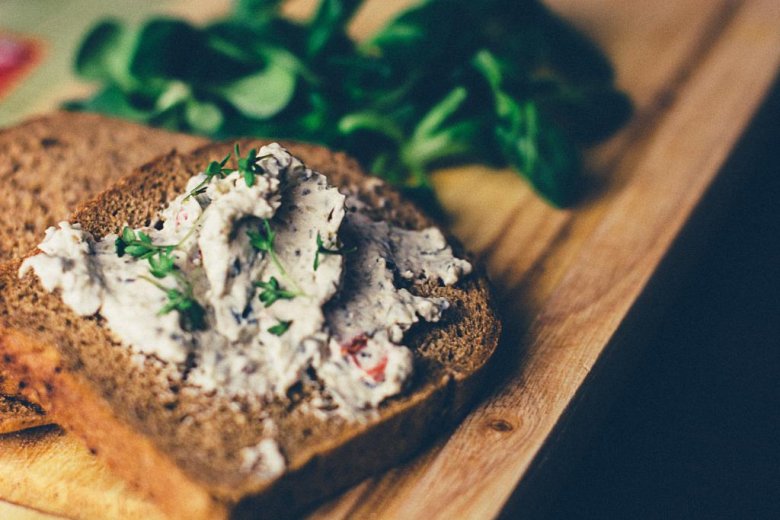- December 12, 2025

Gluten is the enemy of a slim figure - that's what many people say, unfortunately. Dietary diets based on elimination of this ingredient are very popular, especially on Internet forums. Unfortunately, as it turns out, the complete abandonment of gluten can result in problems.
- Gluten is indeed harmful, but for people who have medical evidence that they are allergic or suffer from coeliac disease. However, if someone would like to give up gluten, they should take a test for food intolerance. The gluten-free diet causes a lack of microelements, lack of B vitamins, which leads to weakening of the nervous system - says newsrm.tv Maryla Biernacik-Bańkowska, Revitum SA and adds. - Gluten is a protein, so if we give it up, we have to supplement ourselves.
Gluten is a protein that is found in such grains as wheat, triticale, rye and barley. There are two protein fractions that make it - glutenin and gliadin. The latter may have a harmful effect on the organism. Gluten is a severely digestible protein. It causes many inflammatory states and increases permeability in the small intestine, which can lead to diseases such as Hashimoto's disease, psoriasis, rheumatoid arthritis. Gluten is not only an ingredient in cereal-based foods, but is also used as a raising agent in sausages, meat, sweets and dairy products. It is also often added to medicines, dietary supplements and processed foods.
Who and how is gluten harmful to?
It is not true that gluten harms everyone. It adversely affects the health of people allergic to this ingredient and those who are hypersensitive to it and suffer from coeliac disease. Celiac disease is the most serious, permanent disorder associated with gluten intolerance - an immune response to cereal proteins. It leads to damage to the intestinal mucosa, which makes it impossible for the body to absorb nutrients. An allergy to gluten can have a transient character, but it also happens that it remains for life. Its symptoms are usually diarrhoea, vomiting, skin lesions (e.g. atopic dermatitis), watery rhinitis. Gluten is one of the most common food allergens. Of all cereals containing these proteins, wheat is the most allergenic.

Hypersensitivity to gluten is neither related to coeliac disease nor to an allergy to this ingredient. This is a case where the results of diagnostic tests showed negative antibodies, lack of elevated IgE levels and no atrophy of the intestinal villi, and yet the intake of gluten causes undesired symptoms. The presence of AGA antibodies (IgA and/or IgG) is then possible. Hypersensitivity makes the digestive system react to gluten with diarrhoea, constipation, flatulence, gastroesophageal reflux and aphthae in the oral cavity. However, this is not the only system that is associated with hypersensitivity to gluten. Other symptoms include headaches, joint pains, depression, anaemia and numbness of the limbs.
Before starting treatment you should confirm your presumptions by going to a doctor. Proper recognition is the first step in the fight against gluten intolerance. Tests that can help to determine the condition of the internal organs and the degree of burden on the body with harmful substances are food intolerance tests or an Organism Load Test.
There is only one medicine for celiac disease, gluten allergy and food intolerance to it - gluten-free diet. This means that gluten is completely excluded from the menu. This diet uses substitutes for wheat products, i.e. products containing corn, rice, soya or buckwheat flour, rice chamois, amaranth. Nuts, lamb groats, chickpeas, sunflower seeds or linseed are also recommended. The diet may contain fish, meat, eggs, vegetables, fruits and dairy products, after checking whether gluten in the form of a raising agent is added to them. Gluten-free diet for people suffering from coeliac disease is required for the rest of their lives. However, in case of allergy or hypersensitivity to gluten, the diet can only be used temporarily.
Most people have no gluten problems. Gluten-free diet became very popular, but without justification and health indications, and only on the fashion wave. A healthy body copes with gluten digestion. There are people to whom wheat helps to stabilize blood glucose levels. Therefore, it should be remembered that the exclusion of gluten from the diet requires the supplementation of micronutrients from sources other than wheat, in particular B vitamins.